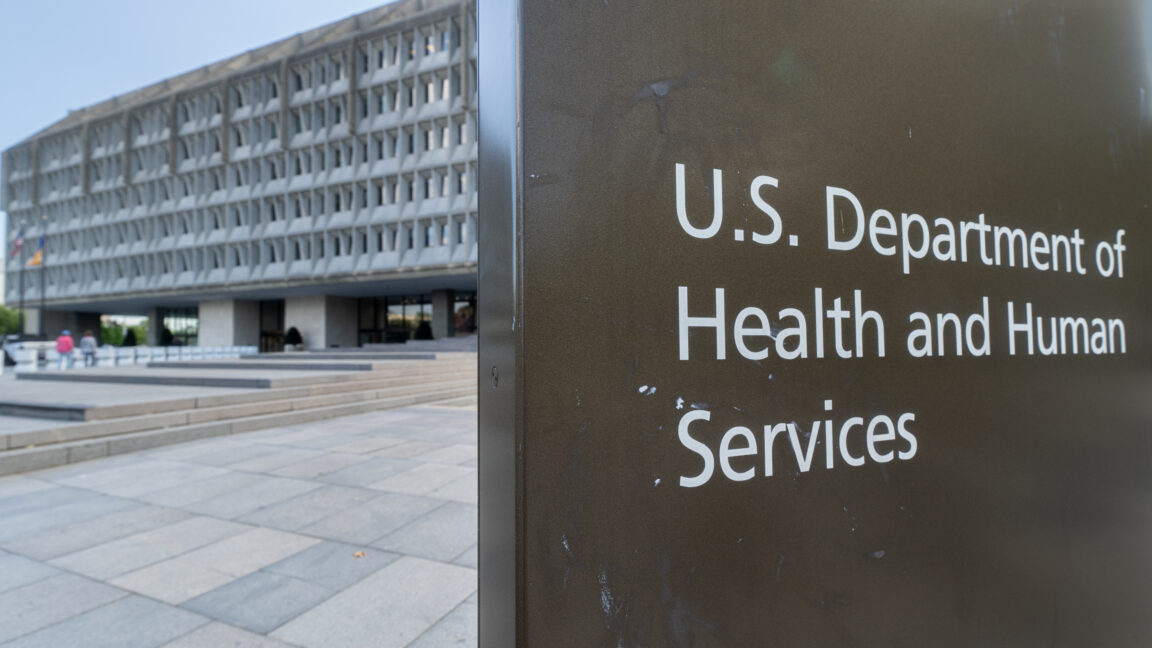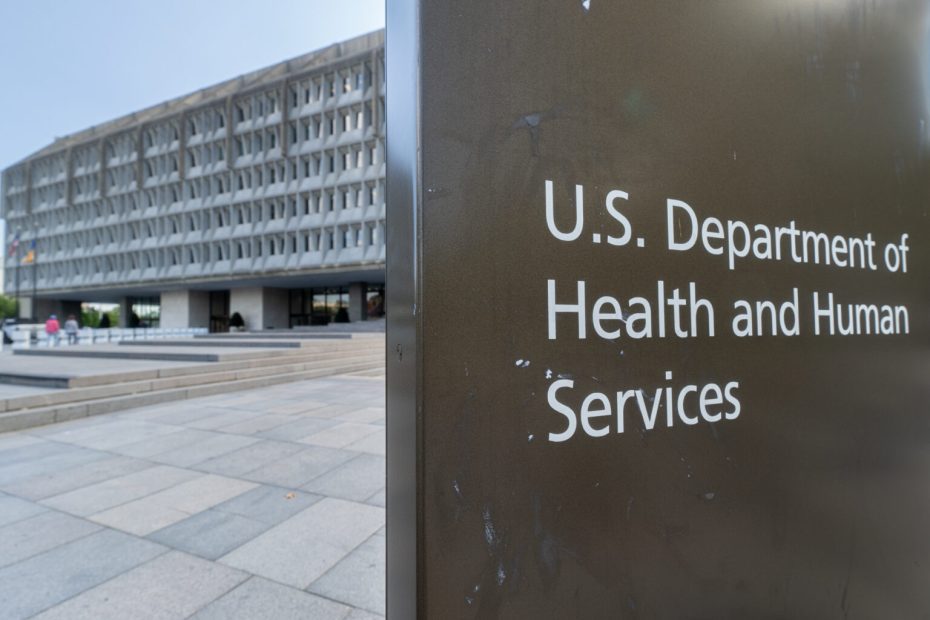
Prior consent
Elsewhere in the more than 700-page proposal, the administration outlines policies that would prohibit providers of Medicare Advantage plans from reopening and refraining from paying claims for inpatient hospitalization if those claims had already been approved through prior authorization . The proposal also aims to make the criteria for coverage clearer and ensure that patients know they can appeal denied claims.
The Department of Health and Human Services notes that when patients appeal denials from Medicare Advantage plans, the appeals are successful 80 percent of the time. But only 4 percent of claim denials are appealed — “meaning many more denials could potentially be overturned by the plan if appealed.”
AI guardrails
Finally, the administration's proposal also seeks to strengthen the guardrails for the use of AI in healthcare through adjustments to existing policies. The goal is to ensure that Medicare Advantage insurers do not adopt flawed AI recommendations that increase bias and discrimination or worsen existing disparities.
For example, the administration pointed to the use of AI to predict which patients would miss medical appointments — and then recommends that providers double-book appointments for those patients. In this case, low-income patients are more likely to miss appointments because they may struggle with transportation, child care, and work schedules. “As a result of using this data within the AI tool, providers double-booked lower-income patients, causing longer wait times for lower-income patients and perpetuating the cycle of additional missed appointments for vulnerable patients.” That is why it should be banned, the government says.
In general, people of color and those of lower socioeconomic status are more likely to have gaps and flaws in their electronic health records. So when AI is trained on large data sets of medical records, it can generate flawed recommendations based on that spotty and incorrect information, increasing bias.

